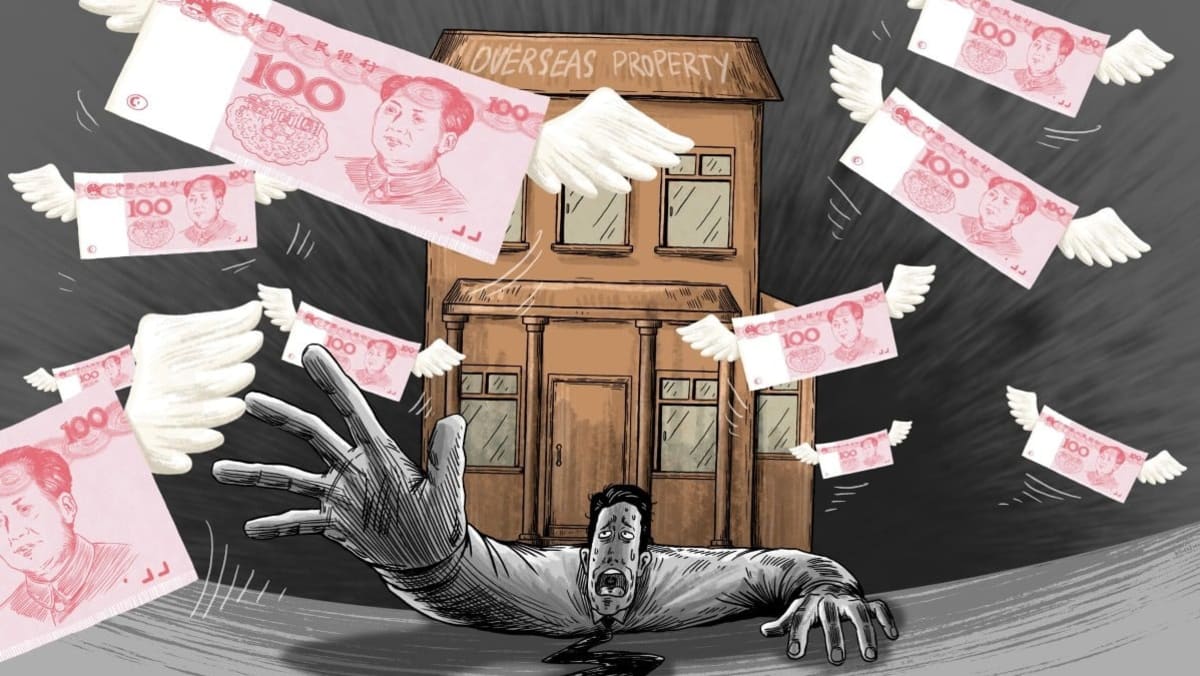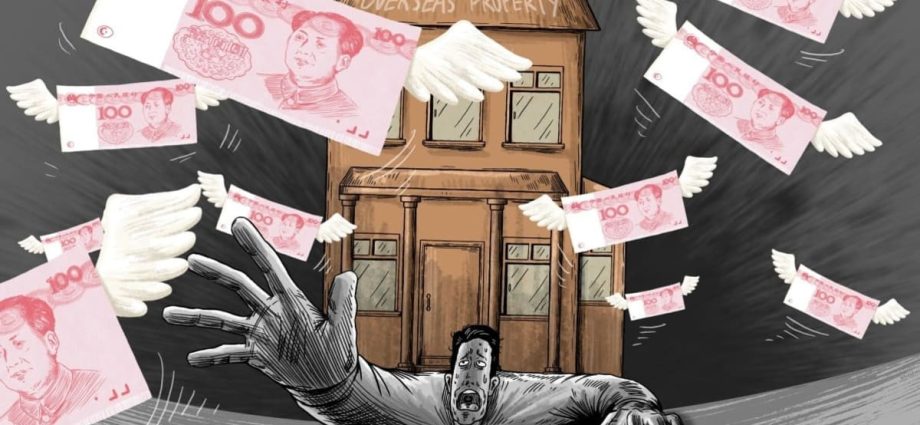
But in recent years, some of China’s policy tightening measures against private enterprises have raised concerns and undermined the expansion of the middle class, as their careers and economic prospects mainly depend on the private economy.
This demographic dividend is disappearing due to China’s rapidly ageing population. Both labour shortages and social security pressure amid the ageing population may be a hindrance to the growth of the middle class in China, Chiu added.
The depreciation of the yuan is also affecting the purchasing power of the Chinese middle class.
China’s yuan has been weak against the US dollar since last year. It hit a 16-year record low against the US currency earlier this month before paring some losses. The average exchange rate of the yuan to the dollar was about 6.5 in 2017, compared to the current rate of around 7.3.
Chinese property investors who entered the Japanese market have also been confronted with challenges, as their costs cannot be offset by returns in the long run.
“Those who invested in Japanese properties to run B&Bs for Chinese tourists are also facing losses, because Chinese tourists have not returned yet,” said Tina Chen, who works for a consulting agency investigating the Japanese market.
International institutions have slashed forecasts on China’s economic growth this year and are divided over whether Beijing will be able to achieve its target of around 5 per cent growth.
The government has rolled out a package of measures since July to loosen curbs on the property market, reinvigorate investor confidence and boost consumption, although policy effects have yet to be put fully into play.
For Yao, the mission to find new buyers is difficult, making it hard to help his clients cash in their overseas assets.
Yao has set up accounts on social media platforms such as ByteDance and Facebook in a bid to draw attention from potential buyers.
“Thailand’s second-hand property market is quite saturated, and both locals and foreign investors are reluctant to buy second-hand properties. So our goal is still to focus on the Chinese middle class who still want to transfer their domestic wealth abroad,” he said.
“We hope the sales could be more active later this year or next year when China’s domestic economy recovers further.”
But for now, it remains a struggle. From March to the present day, only six of the more than 200 condominiums in Thailand have been sold to new Chinese buyers, Yao said.
This article was first published on SCMP.

